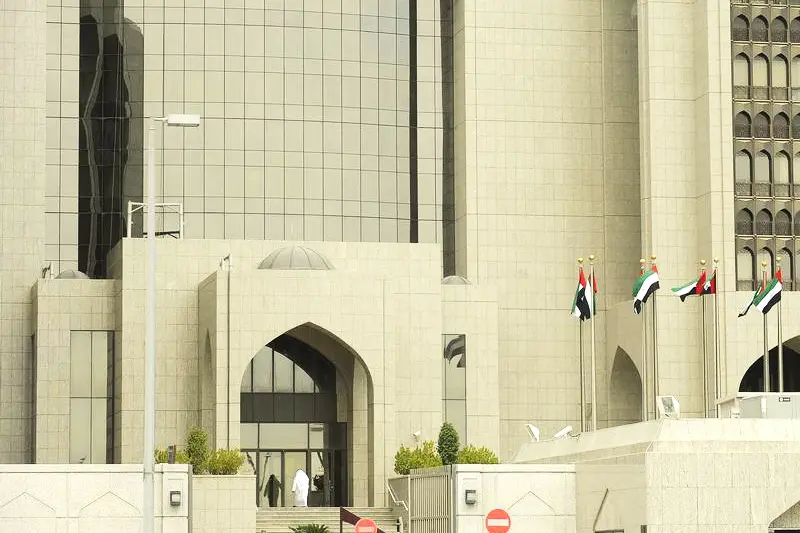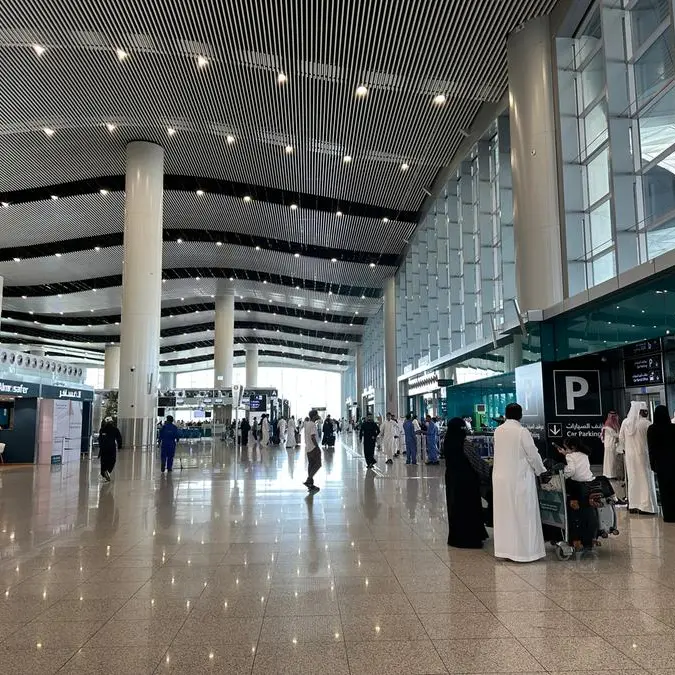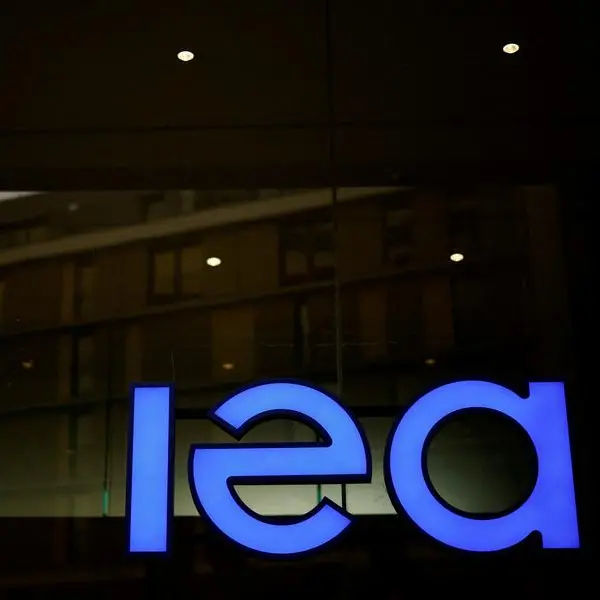PHOTO
The Gulf’s central banks need to collaborate on sharing more information on the credit exposure of major lenders, in order to help reduce the issue of problem loans in the region, the head of Bahrain's Al Baraka Banking Group has said.
In a keynote address to the Corporate Restructuring Summit in Dubai on Wednesday, Adnan Yousif said that most Gulf Cooperation Council (GCC) countries have agreed to link their credit information bureaus together, which in theory should allow any bank in the region to apply to their own central bank for information on a customer applying for finance so they can gain an insight into their debt exposure in other countries.
"This is what we called for a long time ago," said Yousif, who is also chairman of the Bahrain Association of Banks. "When I was a chairman of Union (of) Arab Banks and we had the crisis in 2008 I alerted the governors of the central banks in the Arab countries by writing letters to them and also by asking the Arab Monetary Fund at that time to put it in their agenda to discuss it within the governors' meeting. Especially with the GCC countries."
He said a corporate customer in the GCC will have separate banking arrangements with lenders in each market, but that each lender may not be aware of the group's consolidated obligations.
Speaking on a separate panel debate at the summit on resolving the GCC's challenge of accumulating bad debts, Christopher Maclean, group chief risk officer of Saudi Arabia's Al Rajhi Bank, said: "In this part of the world, we do have a tendency of overbanking and overlending. I know we've got a large number of customers - and you generally see that with problem loans - where you've got six, 10, 12, even 15 banks all lending and all providing facilities that really aren't required."
Too many lenders
Biju Thomas, head of corporate and consumer special accounts management for Dubai Islamic Bank, said on a panel issue on corporate debt restructuring that the more creditors there are involved, the more difficult it is to achieve a debt restructuring when firms get into trouble.
"Basically, the lesser the number of players, the more easier it is for the bank and the company to work out a viable solution and get out of it fast. The more the number of players, it complicates the issue."
Yousif highlighted several other measures that regulatory and economic authorities could take to improve the trading environment for banks, including encouraging banks to set up specialist units to oversee distressed loans and either work to aggressively collect, restructure, outsource or sell the loan, therefore developing a market for distressed loan sales, improve the legal framework of bankruptcy laws and limit the amount of financing that banks offer to local firms in foreign currencies.
"Indonesia, Latin America and other currencies went into problems because they borrowed foreign currency for longer projects. Now, I see in the Gulf that local plants are borrowing in foreign currencies, and they don't need foreign currencies," Yousif said.
"And they don't know after five or ten years, maybe your currency or our currency will devalue. Therefore, you will not be able to repay the loan which you borrowed in foreign currency."
He argued that unless there was a specific business reasons for providing credit lines in foreign currency (if a company needs to hedge against foreign revenues, for instance) banks should provide local currency. "Let that company go and buy the dollar and remit it outside", he said.
The Corporate Restructuring Summit is a two-day event held at the Sheraton Grand Hotel which concludes on Thursday.
(Reporting by Michael Fahy; Editing by Shane McGinley)
( michael.fahy@thomsonreuters.com )
Our Standards: The Thomson Reuters Trust Principles
Disclaimer: This article is provided for informational purposes only. The content does not provide tax, legal or investment advice or opinion regarding the suitability, value or profitability of any particular security, portfolio or investment strategy. Read our full disclaimer policy here.
© ZAWYA 2018





















